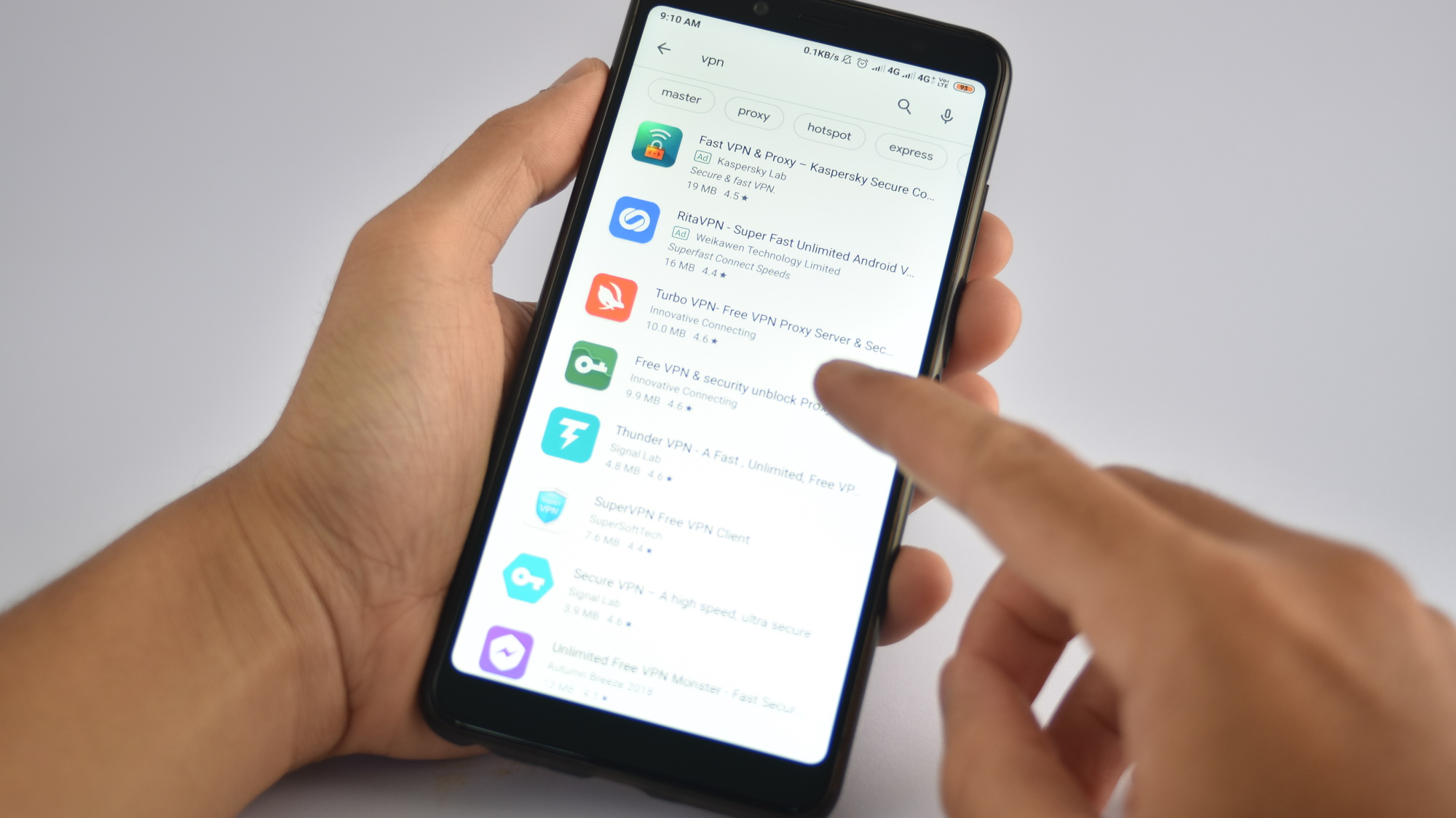Google Play Store now shows you how much data your Android apps are collecting
Following in Apple's footsteps, Google will add privacy labels to the Play Store

Sign up for breaking news, reviews, opinion, top tech deals, and more.
You are now subscribed
Your newsletter sign-up was successful
Google has announced privacy labels are coming to the Play Store, giving users more insight into the types of data collected by Android apps.
The moves comes over a year after Apple launched similar labels for the App Store, which show users how much data is being collected by apps.
"We heard from users and app developers that displaying the data an app collects, without additional context, is not enough," said Google. "Users want to know for what purpose their data is being collected and whether the developer is sharing user data with third parties."
The feature is rolling out now on the Play Store and developers are expected to complete the information on their apps by July 20 at the latest.
Taking back control
Google announced the feature, which is called the Google Play Data safety section, in May last year, giving developers plenty of time to implement the changes.
Specifically, the new labels will show: what data is being collected; whether that data is being shared with third-parties; the app's security practices; whether the app has committed to Google Play’s Families Policy; and whether the developer has validated their security practices against a global standard.
The goal, as Google and Apple both outline, is to give users more visibility into how and why apps are collecting data, to allow them to make informed decisions about the kinds of services the want to use.
Sign up to the TechRadar Pro newsletter to get all the top news, opinion, features and guidance your business needs to succeed!
As the EU expands its GDPR regulations, preventing apps from needlessly hoarding data, often for profit, makes a lot of sense – especially if companies are seen to be working proactively to do so.
Ironically, Google took a very long time to update its collection of apps when Apple introduced the changes to the App Store. It seems the search giant has had a change of heart over the intervening year, though.
Adding labels to the Play Store is, ultimately, a win for consumers and privacy advocates, as developers now have to report what is collected and why.
Max Slater-Robins has been writing about technology for nearly a decade at various outlets, covering the rise of the technology giants, trends in enterprise and SaaS companies, and much more besides. Originally from Suffolk, he currently lives in London and likes a good night out and walks in the countryside.